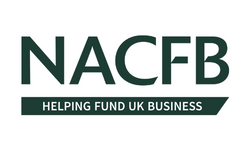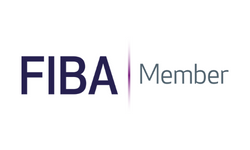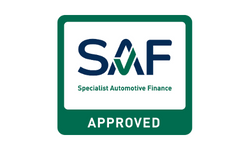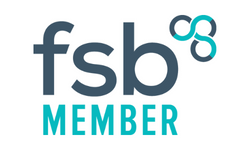Business Funding
Factoring and Invoice Finance
An invoice finance or ‘factoring’ facility draws cash quickly into the business by converting your debtor book into readily available cash, the security for the advance being the invoice itself.

What are the Benefits of
Invoice Finance?
-
Get Cash Quickly
Get a continuous flow of capital to invest in various business activities such as stocking of inventory, paying business expenses and wages, or investing in an upcoming opportunity
-
Reduced Collection Period
Use Invoice Financing as a way to get rid of the blocked funds that are stuck in long-due finances.
-
No Asset as Security
Invoice financing does not need any collateral against the cash, such as property or business assets, as is required in other financing options.
-
Release Locked Cash
Invoice financing releases locked cash in unpaid invoices. Helping to convert the company’s debtors into liquid cash, which can be used in case of an emergency.
-
Boost Cash Flow
Improved stability of cash flow into your business, which can be achieved with the help of vendor finance.
Product Overview
Factoring provides cash to your business with no time delay from issuing invoices as well as sales ledger and collection services.
For many SMEs outstanding invoices are their largest asset. Most SMEs do not have the resources and information systems to efficiently collect their outstanding invoices. Factoring can be a smart alternative to transfer the debt collection and ledger management to a factor and almost immediately get cash advances with the issuance of an invoice. The cash can be used to reduce your own debt or for investments to grow your business.
The industry although often unknown is very large and growing. Almost 25% of UK SME’s use factoring and in 2005 over £60 billion turnover was factored. Contact us today for a no obligation discussion and quotation.
Factoring
The invoice finance company provides funding against the whole of your debtor book, (also known as the ledger) on an ongoing basis.
Invoices issued by you are assigned to the invoice finance company who also takes over control of the ledger including chasing late-paying customers directly.
As a consequence, a factoring facility is not confidential. Your customers know that their supplier is factoring their debts.
Factoring is the most commonly used format of invoice finance.

Invoice Discounting
Invoice discounting works broadly like factoring except you are allowed to continue to administer your debtor book. This facility is therefore normally confidential.
Invoice Discount is usually only provided to larger companies who can exhibit to the invoice finance company that they are administering their ledger efficiently.
If there is a large percentage of overdue debt on the ledger the invoice finance company is likely to insist that a factoring facility is provided instead to enable them to take over control of the collection of the debts.
Spot Factoring
This is for those who need to raise temporary funding, often on a seasonal basis.
Instead of an ongoing facility involving the whole ledger, a spot factoring company will make funds available against perhaps just one or two specific invoices.
Once these invoices are paid the borrowing is repaid and the relationship between you and the spot factoring company ends.





